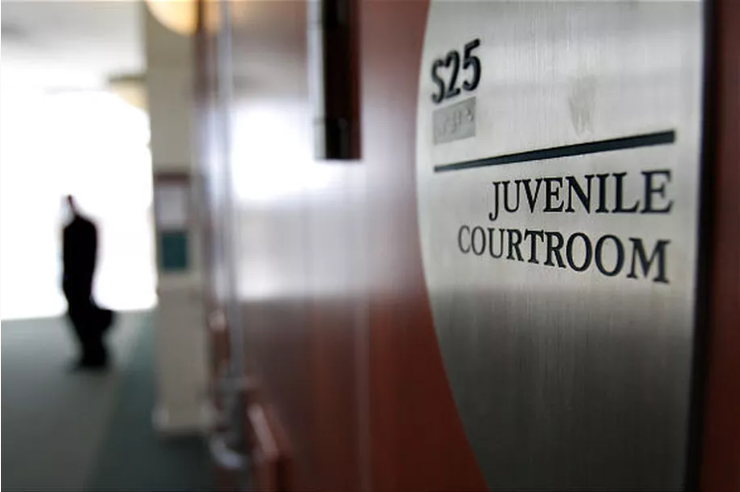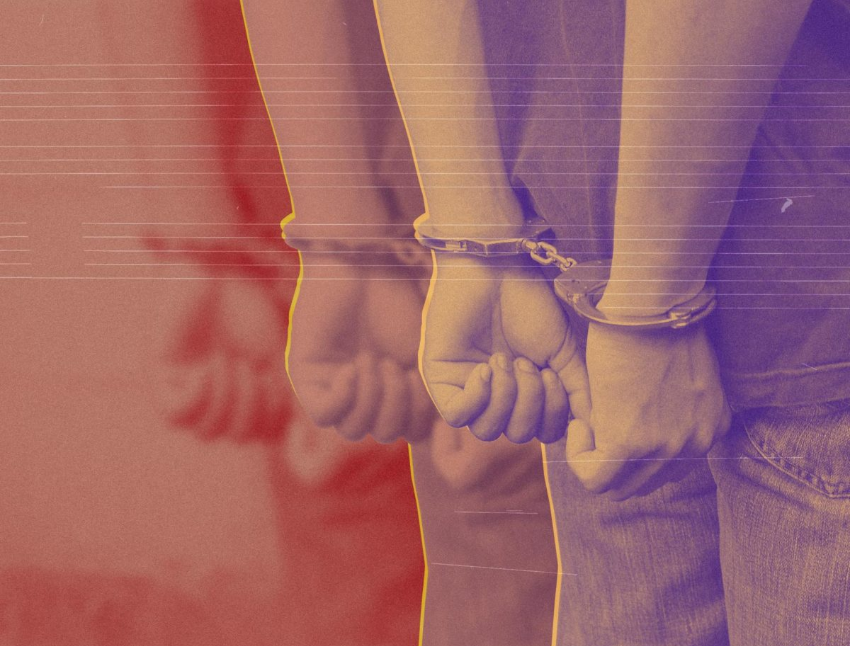In this op-ed, Juvenile Law Center's Jessica Feierman and Girls for Gender Equity's Ashley Sawyer talk about the systemic punishment and arrest of Black girls who speak out about discrimination.
Our Vision
The Michigan Juvenile Detention Association will continue to be a national leader in promoting and sustaining of exemplary juvenile detention, residential treatment, and community based services for youth and their families.
Our Mission
The Michigan Juvenile Detention Association is committed to the highest standard of professional ethics, overall excellence in the care and custody of youth, and the provision of services to their families.




















